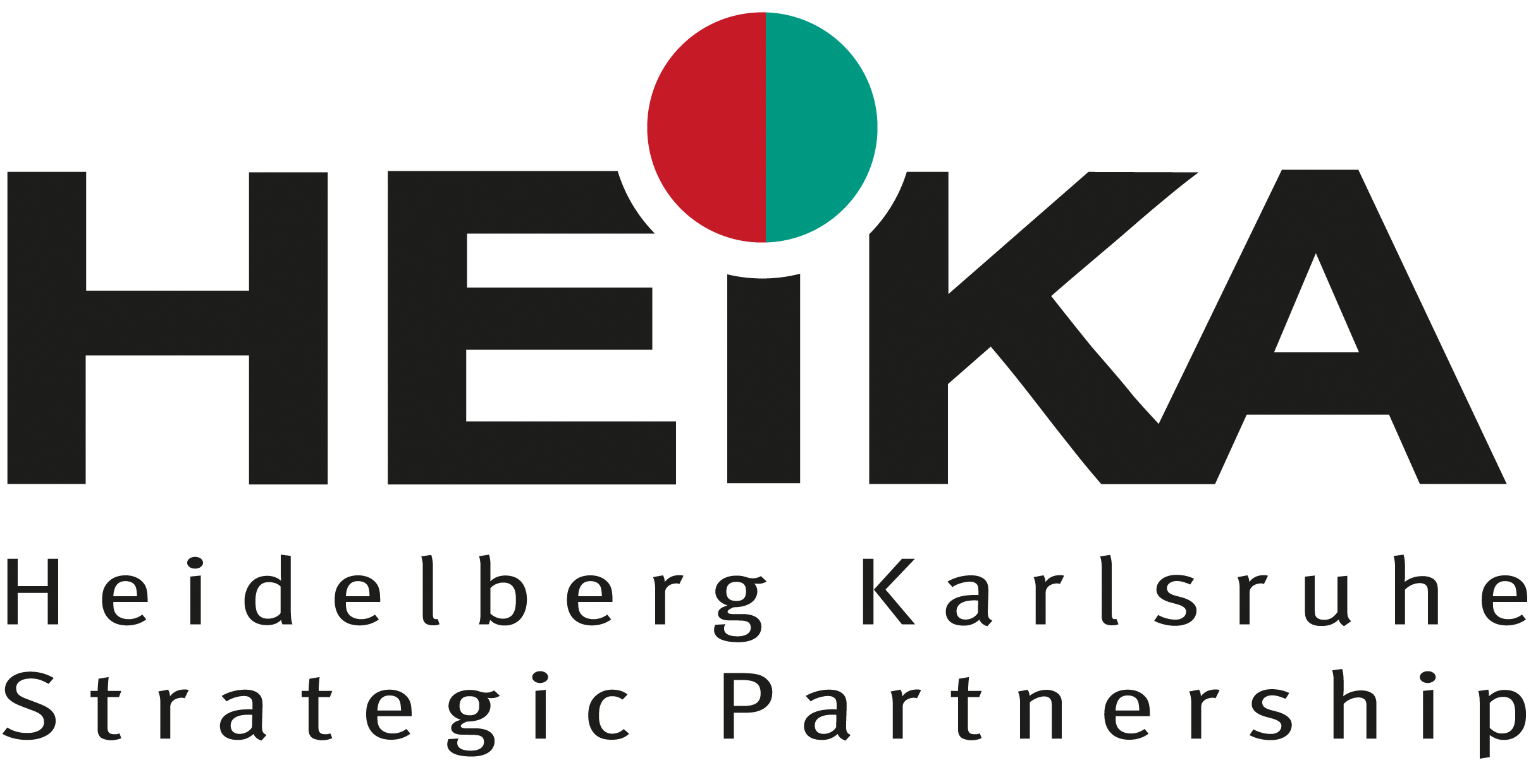
Societies are facing a variety of challenges in dealing with their environment, fundamentally questioning the current way of living. Finding adequate solution strategies for these problems is therefore an urgent task. This was underlined by the German Science Council in its position paper ‘Grand Societal Challenges as a Topic for Science Policy’ published in April 2015. Examples of fields of action in the environmental context include, amongst others, climate change as well as resource and energy problems, which are especially exacerbated in urban regions and cities.
The scientific analysis of environmental challenges is a first step towards developing appropriate solution strategies. On the one hand, it is necessary to assess each problem set with scientific and engineering expertise and to outline possible sustainable solutions. On the other hand, it is essential to investigate past and present patterns in the perception of and reactions to these phenomena from the perspective of the social sciences and humanities. Solution strategies have to be implemented both at the individual as well as at the community level and are often connected on the spatial scale. Conveying solutions and corresponding behavioral changes to individuals, various social groups and to a whole society becomes therefore an important task for researchers. In this regard, the inclusion of expertise of behavioral, communication, education and spatial sciences is of greatest importance.
In the HEiKAexplore research bridge “Facing Environmental Change: Research, Communication, Action (FACE)”, projects are welcome that examine environmental challenges from different perspectives and correlate their findings to one another.
We outline three exemplary fields of research conceivable within FACE:
Extreme climatic events with a duration of weeks to months have been challenging societies enormously. The combined examination of natural and historic archives may not only allow the identification, but also the mutual verification of the significance of the detected events. This approach could provide the necessary framework for the examination and evaluation of those events as well as the societal responses to them. This scientific basis can then lead to detailed suggestions for dealing with extreme climatic events.
In spite of the scientific consensus, a considerable part of society believes that climate change is not important or not real at all. Despite urgent appeals and several legislative initiatives, the car traffic in Germany has not declined and the use of plastic packaging and plastic bags is still common. In the light of such findings, the question arises how to formulate and communicate scientific findings and the resulting recommendations for the individuals and society more effectively. How can we convey knowledge of sustainability and dealing with the current environmental challenges (for example CO2-neutral lifestyle in urban housing, in spatial planning and in water management) effectively and efficiently to a wide public? How can we integrate this challenge into research approaches?
Cities are particularly affected by the effects of global environmental change. The density, diversity and complexity of biotic (natural streams and substance flows), physical (transport, power and green networks etc.), socio-economic (power relations, economic exchange etc.) and virtual linkages (social networks, smart grids etc.) are constantly challenging cities to re-organize their urban systems. Against the background of conflicts of interests as well as conflicts between coping strategies, the identification of sustainable control and action options for diverse behavioral and actor constellations is of great importance.

